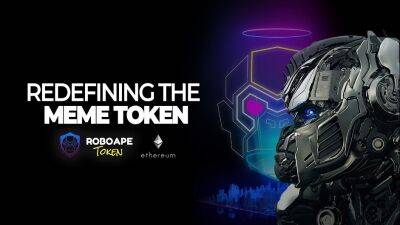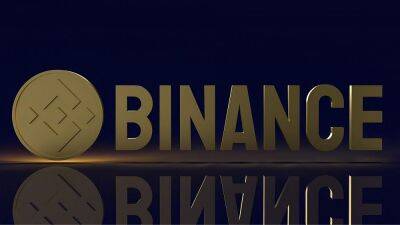Money 20/20 EU: How ‘web2.5’ and DLT are propelling financial services forward
How do we marry the regulated market and the decentralised one? Do we really need to?
“I definitely think we need to because, obviously, the more adoption we have, the more risks everybody runs - with assets being transferred or invested for instance. I believe that regulation exists for a reason, it isn’t just to hamper innovation as it may sometimes be seen. It exists also to protect our clients, ourselves, and to protect the economy. As a financial institution which is regulated, we see regulation creating a level playing field for example when it comes to providing safety that our customers and other institutions deserve.”
How might we see the decentralised space evolve over the next few years?
“Interesting question, because there are always new terms being come up with. To be honest, what we have seen before, for instance with the rise of ICOs [Initial Coin Offerings], this was the tokenisation of anything you could imagine […] Then we had the rise of non-fungible tokens [NFTs], but in reality NFTs have existed for a really long time.
“Funnily enough, when we were working on a use case with payments and cash, we needed to take the non-fungibility to emulate the real fungibility cash has - which was needed for that specific use case. This is because if you would normally have a fungible asset as cash, then you can exchange it. But, if the asset suddenly becomes non fungible, and is unique, then you cannot exchange as freely are you can trace other aspects of it which you might not want”.
“Obviously new use cases for everything in this ecosystem are being found, they’re renamed, marketed, and new ecosystems and business models are created around them.
“That’s something that I'm really looking forward to, because we
Read more on finextra.com

![Ethereum’s [ETH] momentum towards equilibrium position could mean… - ambcrypto.com](https://finance-news.co/storage/thumbs_400/img/2022/6/25/31192_eytwo.jpg)


![Is Decentraland’s [MANA] 7.73% spike a start of 592% recovery - ambcrypto.com - city Santiment](https://finance-news.co/storage/thumbs_400/img/2022/6/24/31131_itdxz.jpg)
















